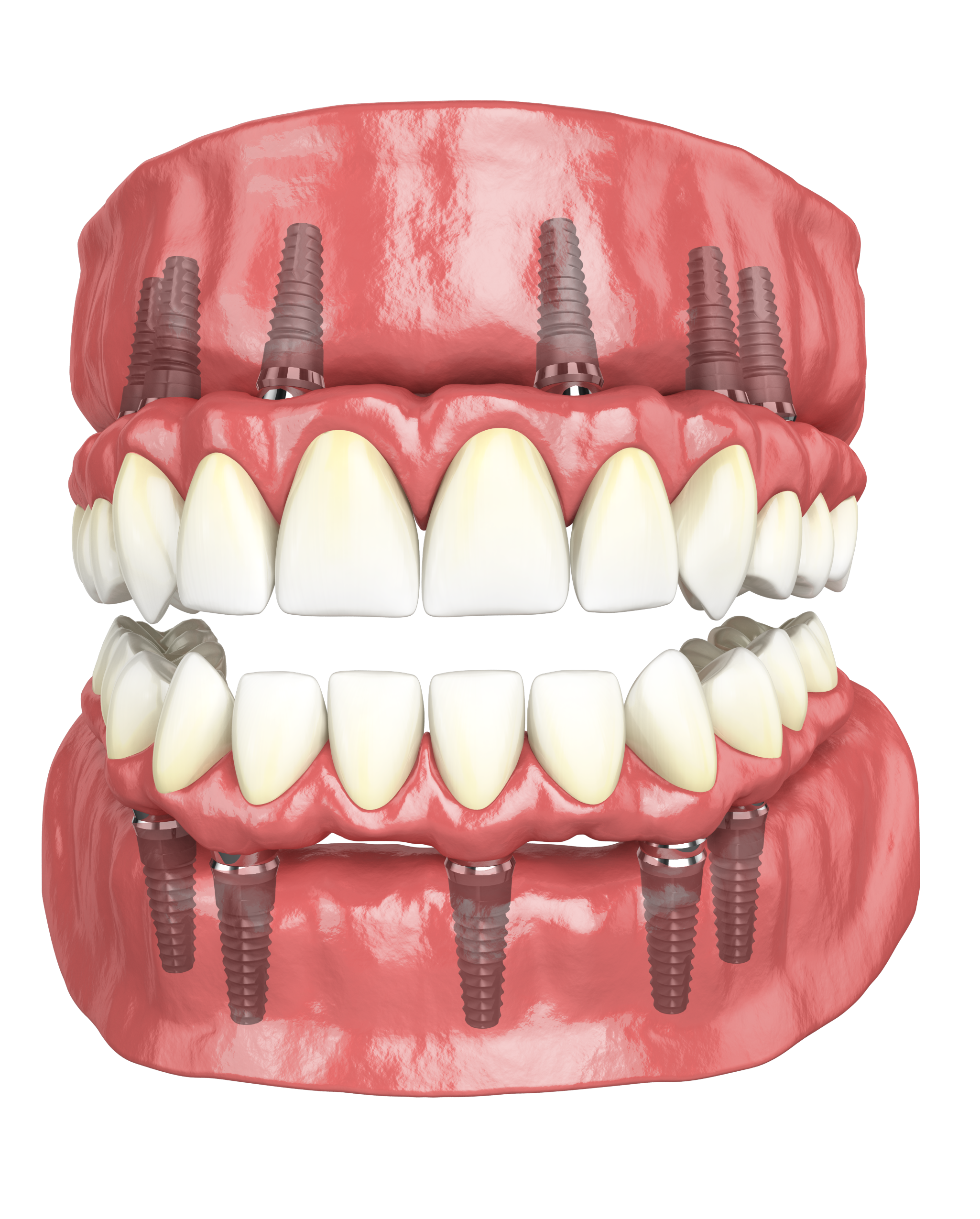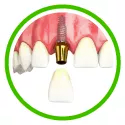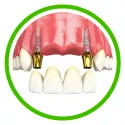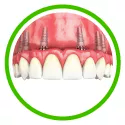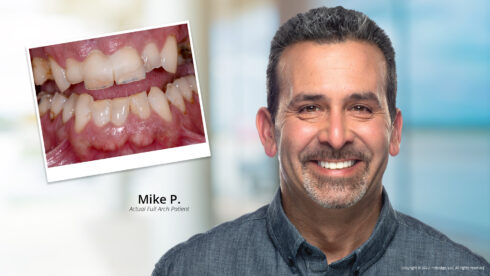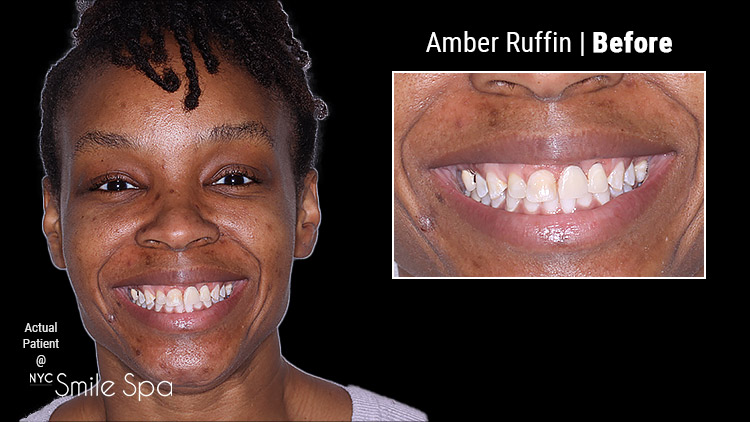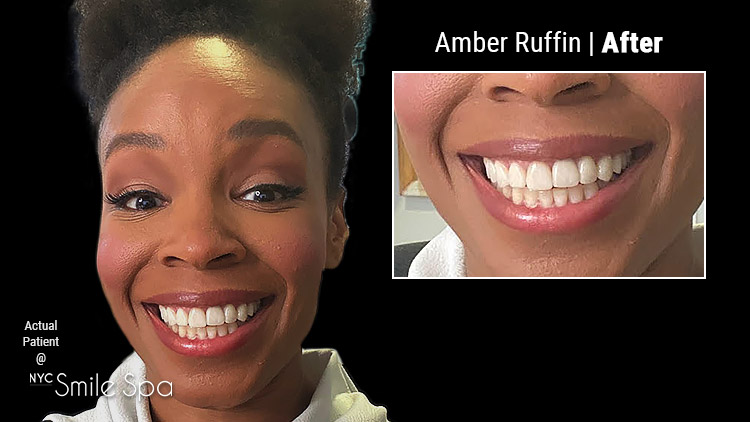If you are missing one or more teeth, you may be on the fence about whether or not to replace them. Perhaps you’ve been living with a missing tooth in the back of your mouth for a long time and have recently noticed a change in your bite or the surrounding teeth. The fact is that missing teeth can have a negative impact on your oral health, even if the rest of your teeth are perfectly healthy. We always recommend replacing missing teeth to prevent further oral health issues down the line.
When your natural teeth are missing, many problems can occur. The remaining teeth can shift or rotate and change the way you bite. Spaces and gaps can cause embarrassment, problems with speech, or difficulty chewing. Additionally, when a tooth is missing, the jawbone that once supported it no longer receives the stimulation it needs to stay healthy and will eventually begin to deteriorate, in turn causing other teeth to become loose and eventually fall out.
There is only one tooth replacement option that permanently restores missing teeth and prevents bone loss—Dental Implants.
Dental implants are titanium cylinders surgically placed in the jawbone where the original tooth or teeth once were. These root-like cylinders are used to secure replacement teeth (typically a crown or dentures) in the jawbone and are as close as possible to having your natural teeth.

